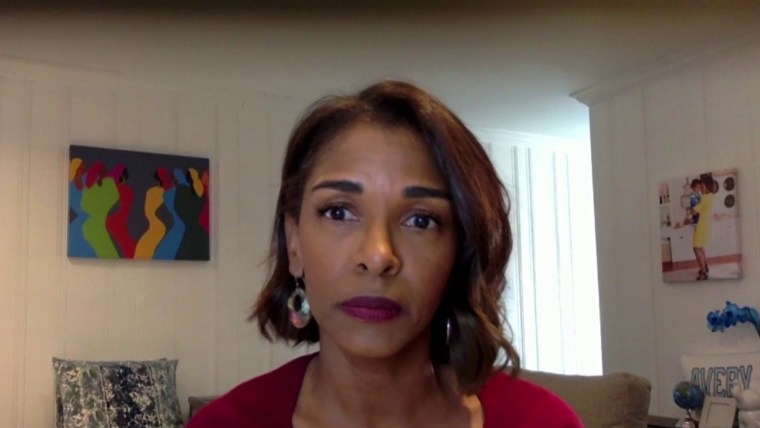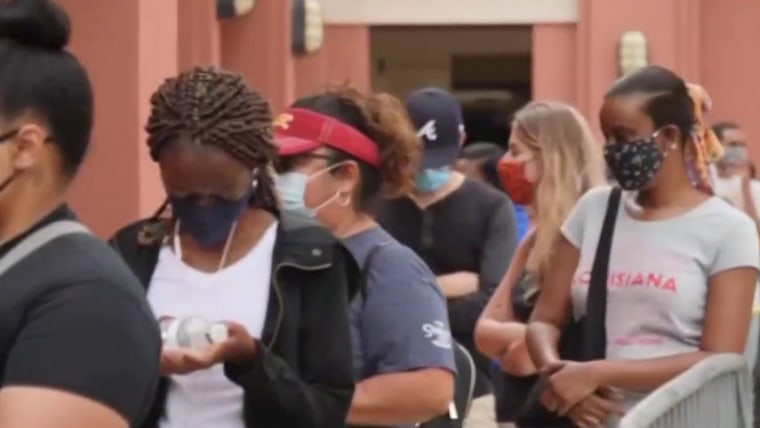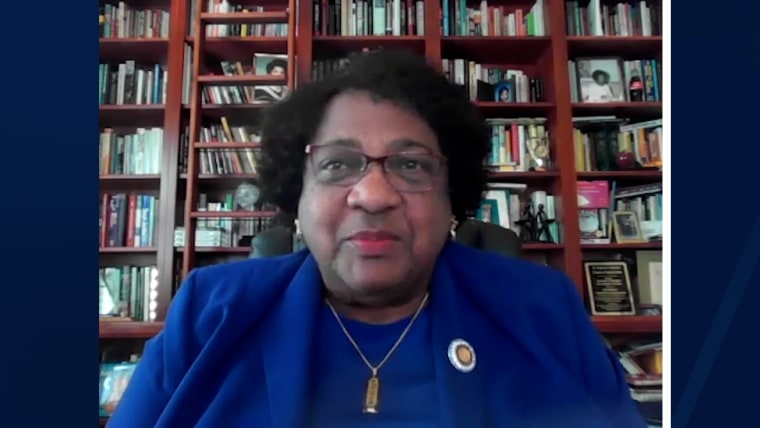While Republican-led changes to states' election laws since the 2020 presidential election have grabbed headlines, a much deeper challenge to voting rights is taking place in the nation’s courts.
It’s clear that the goal is to foreclose any potential challenge to anti-voting rights legislation.
According to a series of alarming rulings and opinions from various federal courts: Private individuals can’t sue states under the Voting Rights Act, only the Department of Justice can; the Justice Department can’t block changes to a state’s voting laws before they take effect, it can only sue afterward, with a higher burden of proof than before; state-level officers are protected from private individuals’ lawsuits on voting rights as long as they aren’t personally enforcing the law being challenged; federal courts can’t correct partisan gerrymanders at the state level, but, at the same time, state courts don’t have the ability to overturn partisan gerrymanders at the federal level.
Taken together, it’s clear that the goal is to foreclose any potential challenge to anti-voting rights legislation.
Texas Secretary of State John Scott was recently named a defendant in three cases that made it to the 5th Circuit Court of Appeals. While the three suits deal with different provisions of Texas election law, all three asked for the federal courts to issue an injunction against unconstitutional burdens to voting that plaintiffs allege were imposed by Texas lawmakers. Those alleged burdens include lengthy wait times that would result from eliminating straight ticket voting, the new hoops voters have to jump through to cast mail-in ballots, and the process that Texas has implemented to verify mail-in ballots.
That last provision resulted in about 13 percent of mail-in ballots being rejected in this month’s primary elections, The Associated Press reported, which is “far beyond what is typical in a general election, when experts say anything above 2% is usually cause for attention.”

But two of three judges on a 5th Circuit panel ruled Tuesday that the Texas secretary of state, the state’s chief election officer, is the wrong person for the plaintiffs to sue, reversing the district court in all three cases. Judge Stuart Kyle Duncan, who was appointed by then-President Donald Trump in 2018, wrote the three opinions. He agreed with Scott’s argument that the 11th Amendment prevents private citizens from suing the state in federal courts under most circumstances, meaning the plaintiffs had targeted the wrong man.
The 5th Circuit’s judges have consistently ruled over the last 20 years that the only state officers who can be sued under the Supreme Court’s Ex parte Young standard are those who can directly enforce the law being challenged. In Texas Alliance for Retired Americans vs. Scott, the case dealing with straight ticket voting, Duncan writes that even though Scott is Texas’ chief election officer, because it’s not up to him to actually print the state’s ballots, he’s off the hook for enforcing the law. In practice, that means that to challenge the law, the plaintiffs would instead have to sue the county election chiefs who are responsible for physically printing ballots — and as MSNBC columnist and University of Texas law professor Steve Vladeck pointed out on Twitter, that means suing 254 individuals.
Shielding Scott from lawsuits from private citizens imposes a tremendous burden on potential plaintiffs whose legal costs would commensurately soar with the massive increase in defendants. “The majority continues this Court’s effort to shrink the role of Ex parte Young, by overly narrow readings of the state officer’s duty to enforce Texas’s election laws,” Judge Patrick Higginbotham, the dissenter in the three cases, wrote. While he may not have ruled with all the defendants on the merits, Higginbotham argued, blocking a path for federal courts to address states’ potential violations of the 14th Amendment and other constitutional issues isn’t the answer.

These rulings add to a growing list of recent cases that seek to winnow down just who can claim their voting rights have been violated and which courts can act on those suits. Last month, I wrote about a federal judge’s ruling in Arkansas that found that private groups and individuals lack the standing to sue states for violating Section 2 of the Voting Rights Act. Instead, U.S District Judge Lee Rudofsky determined, only the U.S. attorney general has that standing. Given previous Supreme Court rulings narrowing the Justice Department’s enforcement powers regarding the Voting Rights Act, Rudofsky’s ruling — if it stands — further hamstrings the law’s ability to actually counter voter discrimination. The Justice Department has previously been able to count on other groups serving as a kind of backup by mounting their own challenges to voter discrimination, but if Rudofsky’s reasoning prevails, that support would be off the table.
Meanwhile, at least four Supreme Court justices appear open to the idea that state courts lack the power to hear cases challenging congressional gerrymandering, no matter the effect on minority voters. The supposed “independent state legislature” doctrine argues that under the Constitution, only state lawmakers can set election laws, not governors or state court judges. MSNBC columnist Jessica Levinson wrote recently about the hypocrisy in action from these justices after previously arguing that state courts were the proper vehicle for safeguarding voters:
And in a decision that is perhaps even more compromising for those supporting this doctrine, in 2019, the Supreme Court reaffirmed this interpretation of precedent. Chief Justice John Roberts, writing for the majority, said that state courts applying state law could protect voters from partisan gerrymanders. [Justices Clarence Thomas, Samuel Alito, Neil Gorsuch, and Brett Kavanaugh] all joined Roberts’ opinion confirming that even if federal courts couldn’t correct partisan gerrymanders, state courts would continue to protect us.
You read that right. Three of the justices — Alito, Gorsuch and Thomas — who joined Roberts are three of the four who have now strongly signaled that, “LOL JK,” maybe state courts also have no role to play here. (Kavanaugh was not on the court in 2019.)
At every level of the judiciary, the groundwork is being laid to leave Americans whose right to vote has been violated left with almost nobody who can grant them relief. We have every reason to believe that the current Supreme Court will happily affirm all of these dilutions of the lower courts’ power to protect the right to vote. In sum, we are fast approaching a world where it’s impossible to overturn laws that make it harder to vote, no matter how clearly they violate the Constitution.

